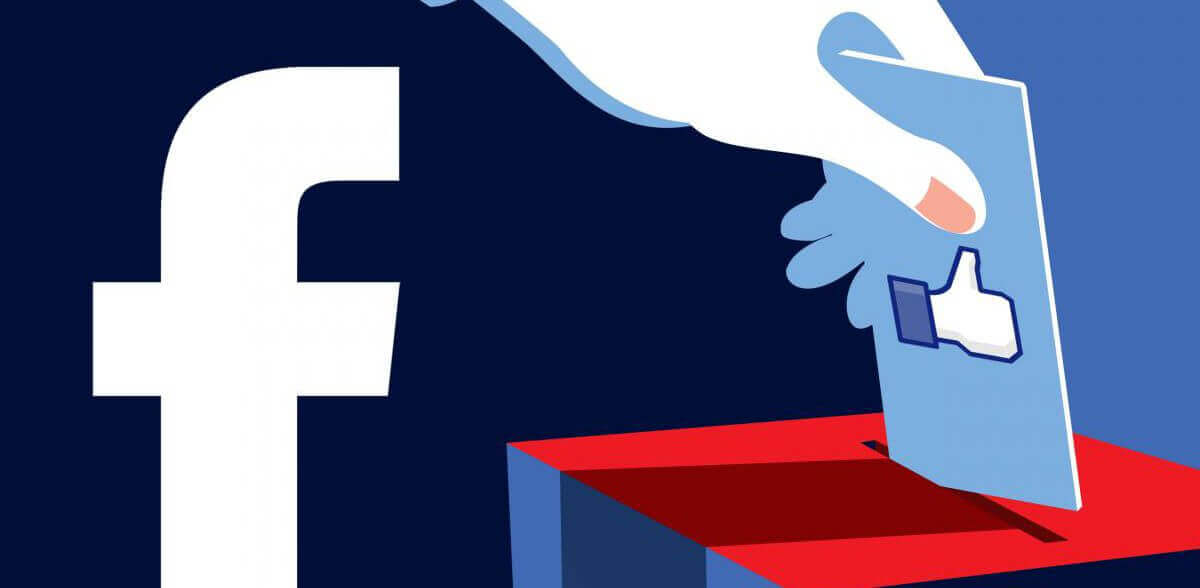In brief: Facebook's hands-off approach with regards to political ads won't change anytime soon, but the company says it will increase transparency and allow people to choose if they don't want their news feeds to be flooded by political ads. In the absence of regulation, Facebook thinks it's better for would-be leaders to have a voice so the public can have a basis for their arguments when they debate their choices.
The social giant recently said it would ban deepfakes on its platform as a way to protect the integrity of the 2020 presidential election, but it looks like it still won't back down from its decision to let politicians lie in ads.
In a blog post earlier today, Facebook announced that it will keep its controversial ad policy firmly in place, along with all the microtargeting tools that allow political advertisers to control their reach down to very small groups of people based on specific criteria.
To be fair, the company's huge platforms are the reason why liberals are asking for stricter regulations that put more responsibility on the shoulders of social media giants, while conservatives complain that their views are misrepresented or suppressed.
Twitter has chosen to ban political ads altogether, Snap says it's fact-checking all of them, and so is Google, who will also limit microtargeting. Back in November 2019, Facebook reportedly asked Republican and Democrat advertisers for feedback on its political ads policy, which some interpreted as signs that things could change.

However, the only changes coming are small tweaks like increased transparency for its ad library so that journalists and researchers can easily find and study the various ads run by political advertisers. And since many users have requested the ability to see fewer campaign and social issue ads in their news feeds, the company says it will see to that in the coming months for both Facebook and Instagram users.
If you're wondering why Facebook insists on keeping its ad policy unchanged, the company says it explored several possibilities but found that limiting ads and targeting tools would deprive non-profits and smaller organizations of their power to express themselves at scale. Facebook's Director of Product Management, Rob Leathern, further noted that 85 percent of ad spend for US political candidates is homing in on audiences larger than 250,000 people.
Leathern believes that "in the absence of regulation, Facebook and other companies are left to design their own policies. We have based ours on the principle that people should be able to hear form those who wish to lead them, warts and all, and that what they say should be scrutinized and debated in public."
To put things in perspective, Facebook will hold its current stance on political ads until regulators come up with bills like the proposed Honest Ads Act, which is meant to increase accountability for companies that own big digital platforms. Last year, a former Facebook executive said the company can't stay out of politics, which is why it's calling for regulation to catch up with the new reality that social media has a powerful influence that can easily be abused.
